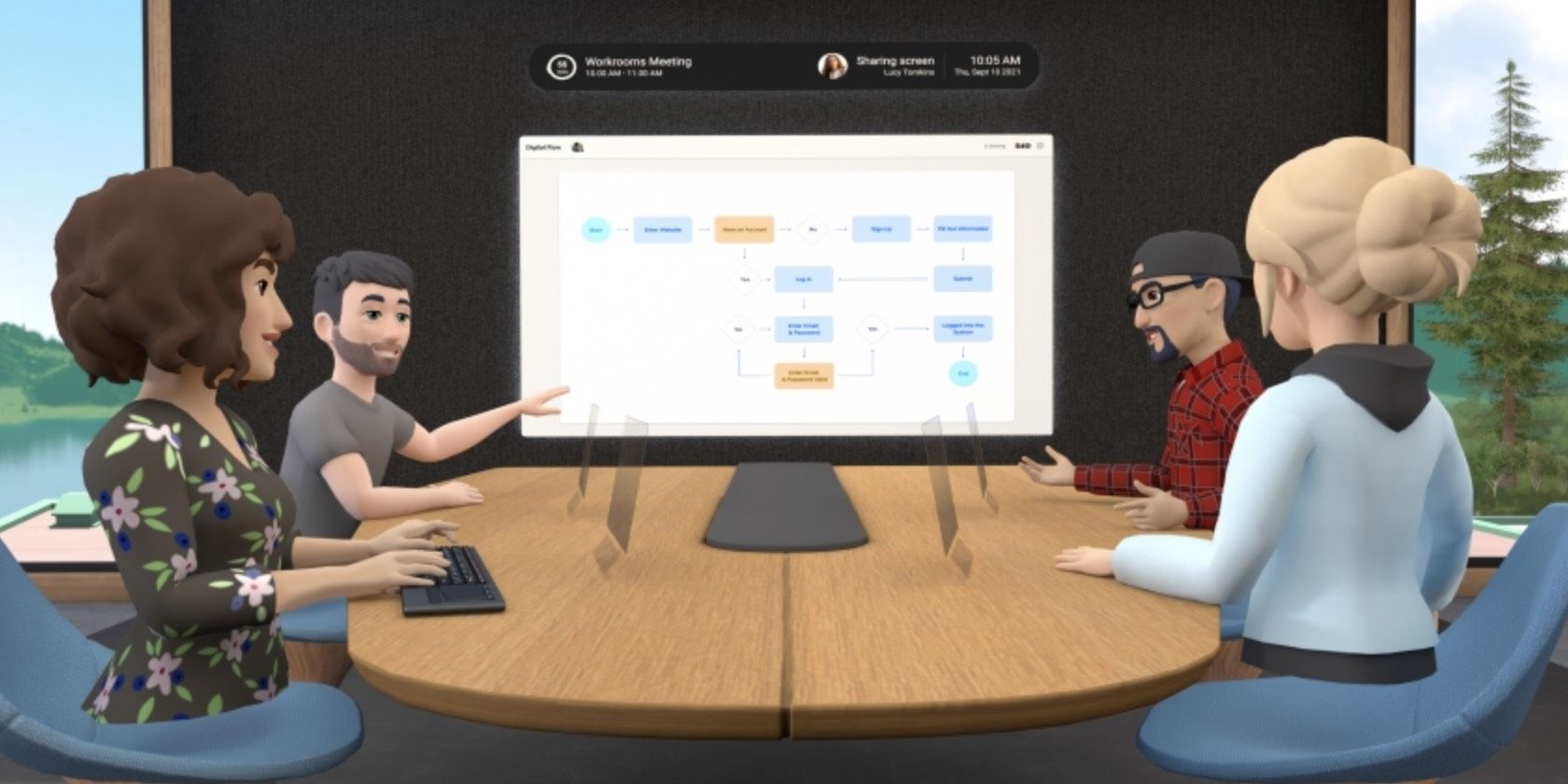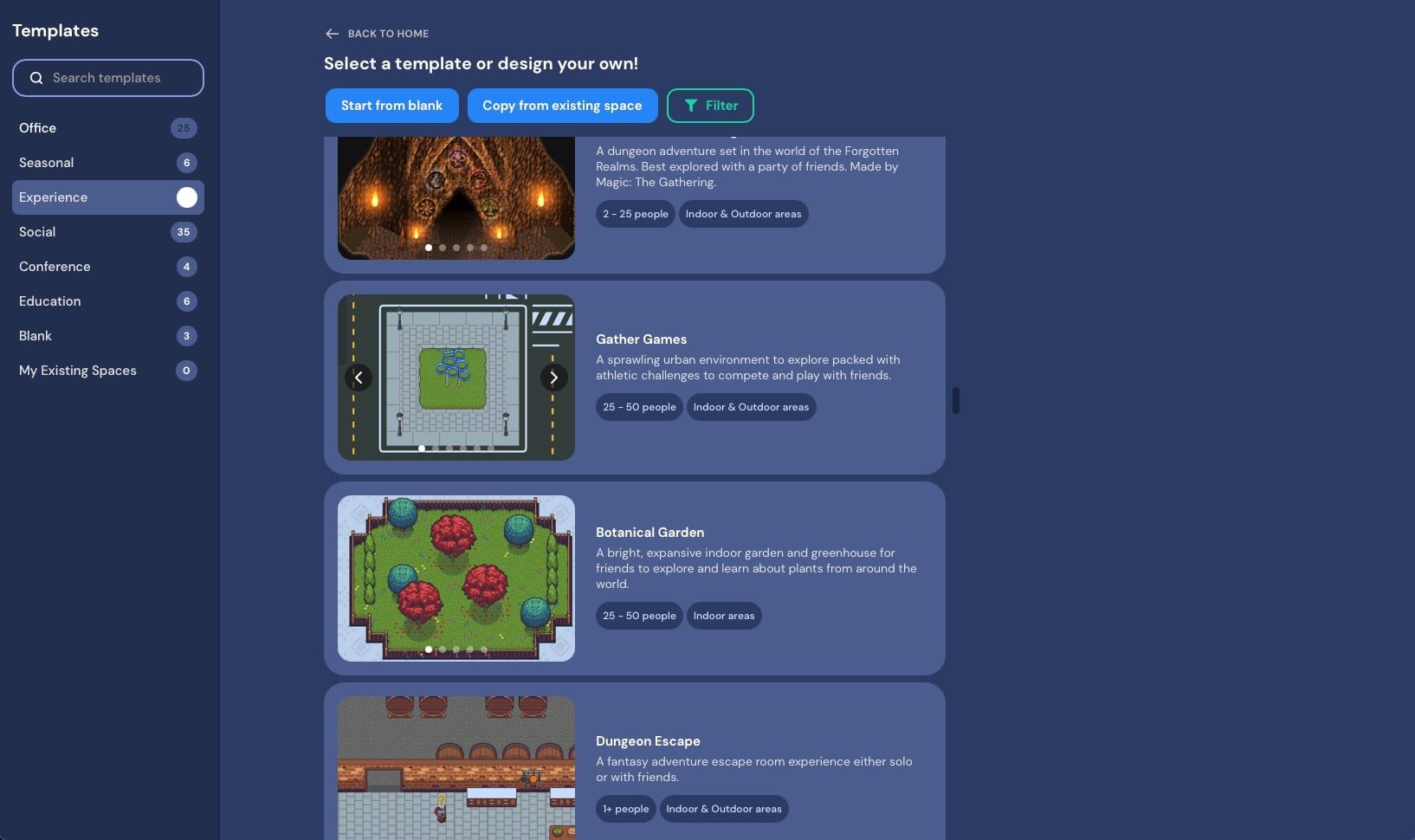While there are numerous advantages to working remotely, there is one major setback for even the most effective remote workers—it gets lonely. Without a physical office, many people struggle with the stress of work without the benefits of being in the same space together.
For this reason, you may want to consider creating or joining a virtual co-working space. But, what is a virtual co-working space?
What Is a Virtual Co-Working Space?
Like physical co-working spaces, virtual co-working spaces help create an environment where people can build meaningful connections and improve productivity. A good virtual co-working environment is often composed of two kinds of spaces: informal & formal. Here's the difference between the two.
Formal Spaces in a Virtual Co-Working Space
Formal virtual co-working spaces areas are for work-related matters. For example, it can include spaces for serious conversations and meetings, where people can be made accountable for delivering day-to-day outputs and feedback. In addition, formal spaces can also help create digital boundaries for teams, which are especially necessary for remote teams who work from different time zones.
Instead of messaging each other on WhatsApp or Telegram, managers can use dedicated channels or areas within a virtual environment to show their team members that they are open to talking. Within these formal online spaces, teams can work together as a team and have work-related conversations or 1-on-1 discussions.
Informal Spaces in a Virtual Co-Working Space
Aside from dedicated channels for day-to-day work, virtual co-working spaces can also serve as spaces for informal conversations. Informal virtual co-working spaces can simulate experiences one would traditionally have in common areas of a physical office, such as the water cooler, pantry, and so on.
Often, these informal spaces help encourage conversations unrelated to your function in the office. For example, catching up about each other's weekends, sharing stories about pets, celebrating life milestones such as marriage or having children, and so on.
Virtual co-working spaces come in many shapes and forms. They essentially enable people to find communities inside and outside their day-to-day work. But, why are communities important, and how can virtual co-working spaces help?
The Need for Community
Regardless of your job title, community makes a big difference in how your career plays out. With a strong community, individuals benefit from a social support system that provides opportunities, mentorship, and networking. Communities make it possible to learn from the experiences of others, expediting the growth of individuals and businesses.
Aside from this, companies can also benefit from improved retention. By opening up avenues for team members to get to know and learn from each other, they can have a stronger affiliation with each other. With a strong affiliation, there is an increased sense of accountability among teams and care for each other's well-being.
Through virtual co-working spaces, companies and communities can experience digital offices and host various events designed to build better relationships.
Recreating Co-Working Spaces Online
While nothing really takes the place of in-person experiences, it is possible to recreate some elements of it online with virtual co-working spaces. Here are some methods how:
Gather Town
With Gather Town, companies can create virtual office spaces with an 8-bit art style. Offering various ways to bring remote teams together, you can do everything from copying the layout of your physical office to going extra creative. For the unimaginative, Gather Town offers several pre-made layouts from standard offices and beaches to even fantasy-like ones like spaceships and murder mystery environments.
Aside from this, community members can also customize the look of their 2D avatar and personal spaces, and start audio or video conversations by bringing their avatar closer to someone on the screen. For some items, users can even add music for anyone with an avatar nearby to hear or put up virtual bulletin boards.
To create a good virtual co-working space on Gather Town, you can build clearly defined meeting rooms, one-on-one sections, chill-out areas, and even allow people to express themselves by assigning them their own virtual desk. With this, Gather Town can help simulate the feeling of walking toward other people and interacting with them in a real office.
Horizon Workrooms
Made by Facebook, Horizon Workrooms is a virtual reality collaboration tool. Instead of using apps that depend on webcams like Zoom, Horizon Workrooms lets users interact with VR headsets instead.
Designed to run on Oculus, Horizon Workrooms lets users customize their 3D-animated avatars and workspaces. While avatars on Horizon Workrooms still don't carry the same ability to show emotion, they can still simulate the experience of being in a room with your colleagues from other parts of the world.
Unfortunately, most companies can't expect everyone on their team to have an Oculus headset. However, Horizon Workrooms is an excellent option for smaller teams who already own their own headsets. With Meta's commitment to investing in the metaverse, Horizon Workrooms is set for years of development and improved virtual meeting experiences.
Slack
While not as visually stunning as the other recommendations on this list, there are ways to make virtual co-working spaces work on text-based messaging apps like Slack.
Depending on how big your community is, the opportunities to bring people closer are more challenging. For this reason, it makes sense to create smaller, more engaged sub-communities. Communities and companies who use Slack can include several types of informal channels.
Apart from the serious channels for the daily grind, here are some sample channels you can consider adding to enhance the virtual co-working experience on Slack:
- Water cooler channel for general conversation
- General co-working channel
- Interest-based channels for hobbies (e.g., Sports, Skincare, Music, etc.)
- Lifestyle-related channels (e.g., Wellness, Parenting)
- Channels where remote workers from the same country can connect
- Microphone on channels
Aside from this list, there are plenty of fun and unique Slack channel ideas which can work for your community or company.
Create Stronger Relationships Online With Virtual Co-Working Spaces
With virtual co-working spaces, companies can embrace positive elements of in-office experiences while allowing team members to remain flexible with where they work.
All-in-all, virtual co-working spaces encourage virtual boundaries, build relationships, and establish a sense of connection with people who would have never met in person.
For this reason, companies who rely on a remote workforce should look into investing time and effort into integrating virtual co-working spaces into their day-to-day operations.



